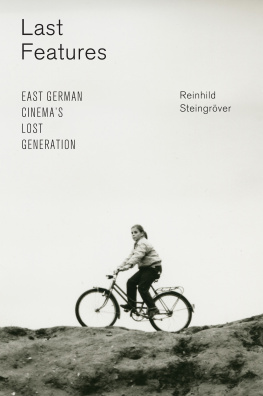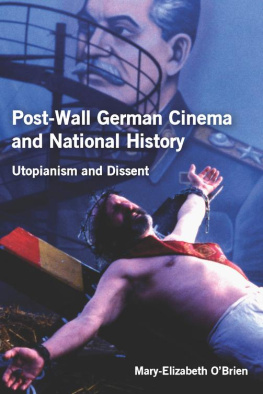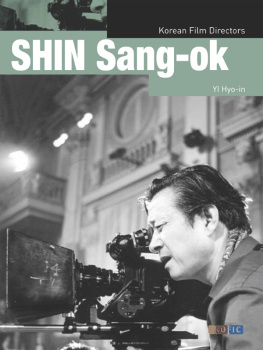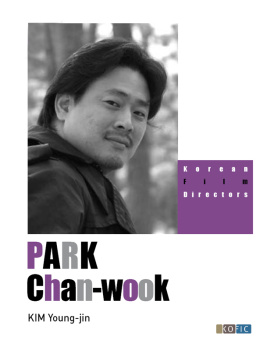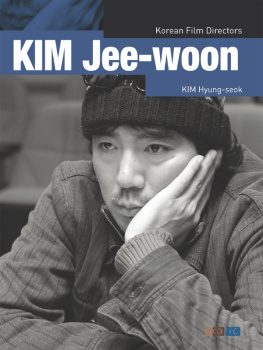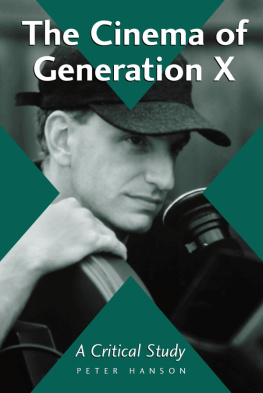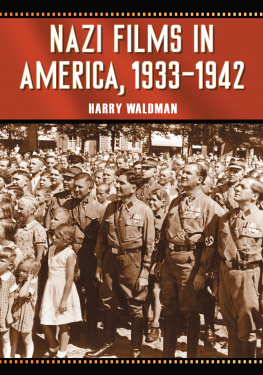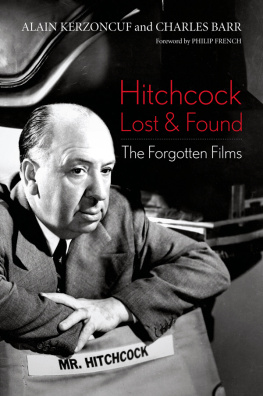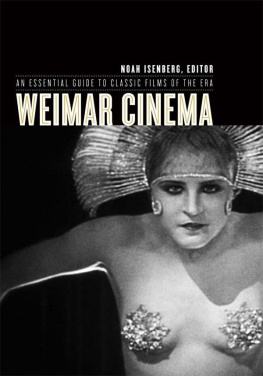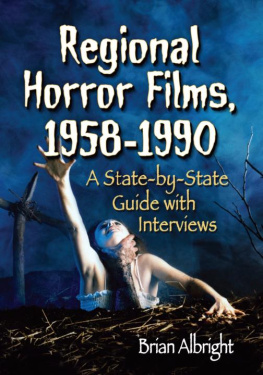Last Features
Last Features is the story of forgotten films made during the time of German unification. With leftover GDR funds and under chaotic conditions, a group of young East German filmmakers produced around thirty stylistically diverse films. Most of these films were lost in the political upheaval of the Wende , disappearing until the 2009 Wendeflicks festival in Los Angeles brought them back for an international audience. Now available on DVD, these films provide unique insights into the generational struggle in the DEFA studio, East German youth culture in the 1970s, women directors at DEFA, the relationship between the artist and the state, and the protests of 1989.
Last Features focuses in particular on the production group DaDaeR, the creation of which in 1989 fulfilled a longstanding request by the last generation of DEFA directors for freer production conditions. Drawing on archival research and interviews with the directors, writers, and editors of the films in question, each chapter examines specific films from the last year of DEFA, contextualizing the analysis of these last features with a comprehensive discussion of the directors overall oeuvres, the historical changes in the studio and the country, and the lasting importance of these films today.
Reinhild Steingrver is Associate Professor of German and Film Studies in the Department of Humanities at the Eastman School of Music, University of Rochester.
Selected as a CHOICE Outstanding Academic Title of 2014.
[M]eticulously researched. [N]uanced analyses. Steingrvers important intervention is to. connect these features and their production circumstances to larger formal, generic, political, and artistic tendencies in German and European film history, before, during, and after the existence of the GDR. Including a full filmography, extensive bibliography, and ample illustrations, this readable book lends itself to course adoption, especially since the DEFA Film Library has released a complementary 11-DVD set by the same title, which includes almost all the films Steingrver discusses. Highly recommended. CHOICE.
Screen Cultures: German Film and the Visual
Series Editors:
Gerd Gemnden ( Dartmouth College )
Johannes von Moltke ( University of Michigan )

Clowns Meh and Weh with opera singer Gerd Wolf in the film Letztes aus der DaDaeR . Courtesy of DEFA Stiftung; detail from photograph by Rdiger Pelikan.
Contents
Acknowledgments
A T THE COMPLETION OF A LONG - TERM PROJECT , it is a great pleasure to acknowledge the help and support of the many people who made it possible. This book found its initial inspiration at the first DEFA Summer Institute in 2001, organized by Barton Byg, Skyler Arndt-Briggs, and Hiltrud Schulz from the DEFA Film Library in Amherst, Massachusetts. Their tireless efforts over the last twenty years have brought the films and filmmakers of East Germany to growing numbers of scholars from many disciplines as well as to enthusiastic audiences across North America. In addition to attending several summer institutes, I have greatly enjoyed hosting numerous visiting scholars, and filmmakers in Rochester on their North American tours organized by the DEFA Film Library. I am grateful to the staff of the George Eastman House International Museum for Film and Photography in Rochester for collaborating with me on these visits, especially former film programmers Jim Healy and Mike Neault, as well as my current partner in crime, Lori Donnelly.
The research for this book began with a grant from the German Academic Exchange Service (DAAD) and has since then been generously supported by the DEFA Foundation in Berlin and the Professional Development Fund at the Eastman School of Music. For the latter, I thank Dean Donna Fox and her committee for the continued faith that this book would one day materialize, despite my annual assurances that this might be the last trip to the archive. It usually wasnt, as the constantly changing archival landscape in Berlin made more and more materials available for scholars. Initially, not even all the films could be accessed as they were dispersed in various archives, or stowed away in boxes in filmmakers attics. The situation seemed even worse for production files, scripts, and other indispensible material. Nevertheless, many kind archivists and librarians went out of their way to facilitate my work and often pointed me towards material I could not have asked for since I was not aware it existed. Elke Schieber was the first to take the time to facilitate important encounters with the filmmakers but also to help me understand much about the context of the last generation at DEFA. Later, her colleagues in the Archive of the Film Museum Potsdam, especially Birgit Scholz, Heidrun Schmutzer, and Peter Warnecke offered warm hospitality, granted access to yet un-catalogued materials and shared many insights about the daily routine in the DEFA studio. Heidrun Wilkening kindly provided access to the estate of her late husband, producer Thomas Wilkening, and illuminating answers to my questions. At the Bundesarchiv Lichterfelde and the Bundesarchiv/Filmarchiv Berlin archivists Herr Mller and Frau Klawitter searched the vaults and made available, often on short notice, films and secondary materials. The librarians of the Hochschule fr Film und Fernsehen Konrad Wolf, Babelsberg have hosted me every summer since 2003 and patiently supplied films, newspaper clippings, scholarly materials, and research help. The library truly became my summer domicile and I am deeply indebted to Frau Wiehring von Wendrin, Frau Reiser, Frau Gthe, Frau Illing, Frau Erkens, and Frau Rollnik for their great kindness and genuine interest.
All the filmmakers whose work I discuss in this book took time to meet and talk about their work, often numerous times, and also provided additional documents. As a film scholar who had grown up in West Germany and studied at the Freie Universitt Berlin until 1990, I had occasionally visited East Berlin but learned a tremendous amount about not just film culture but also life in the other half of Germany through these conversations. I thank Egon Gnther, Jrg Foth, Ulrich Wei, Herwig Kipping, Peter Welz, Helke Misselwitz, Andreas Voigt, Peter Kahane, and Andreas Dresen for hosting me in their homes as well as in several cases coming to Rochester to share their work with my students and colleagues. Jrg Foth and Andreas Voigt need to be thanked for not just answering my neverending questions and supplying me with countless DVDs, but for being patient conversation partners about this project over many years, as well as treasured and most generous friends. Ralf Schenk tirelessly supplied support, encouragement, and a steady flow of new books, old texts, and operatic distraction. His encyclopedic memory as well as his own voluminous and perceptive film-historical writings not only directly informed this book, but also served as models of nuanced analysis and professionalism for me.
During the many research visits in Berlin, I was hosted by dear friends who cooked many nourishing meals, provided excellent bikes for my Potsdam commute, and most importantly never voiced any doubt that this book would one day be finished. I thank Andres Nader, Agnes Benoit, Barbara Etz, Eva Foth, Randall Halle, Mohamed Bamyeh, Martina and Nyenti Pech, Silvia Habekost, Tina Becker, and Jennifer Hosek for so much more than just a place to sleep. Several bicycles were hurt in the writing of this book and I am grateful to their owners for their generous indulgence and good humor.

